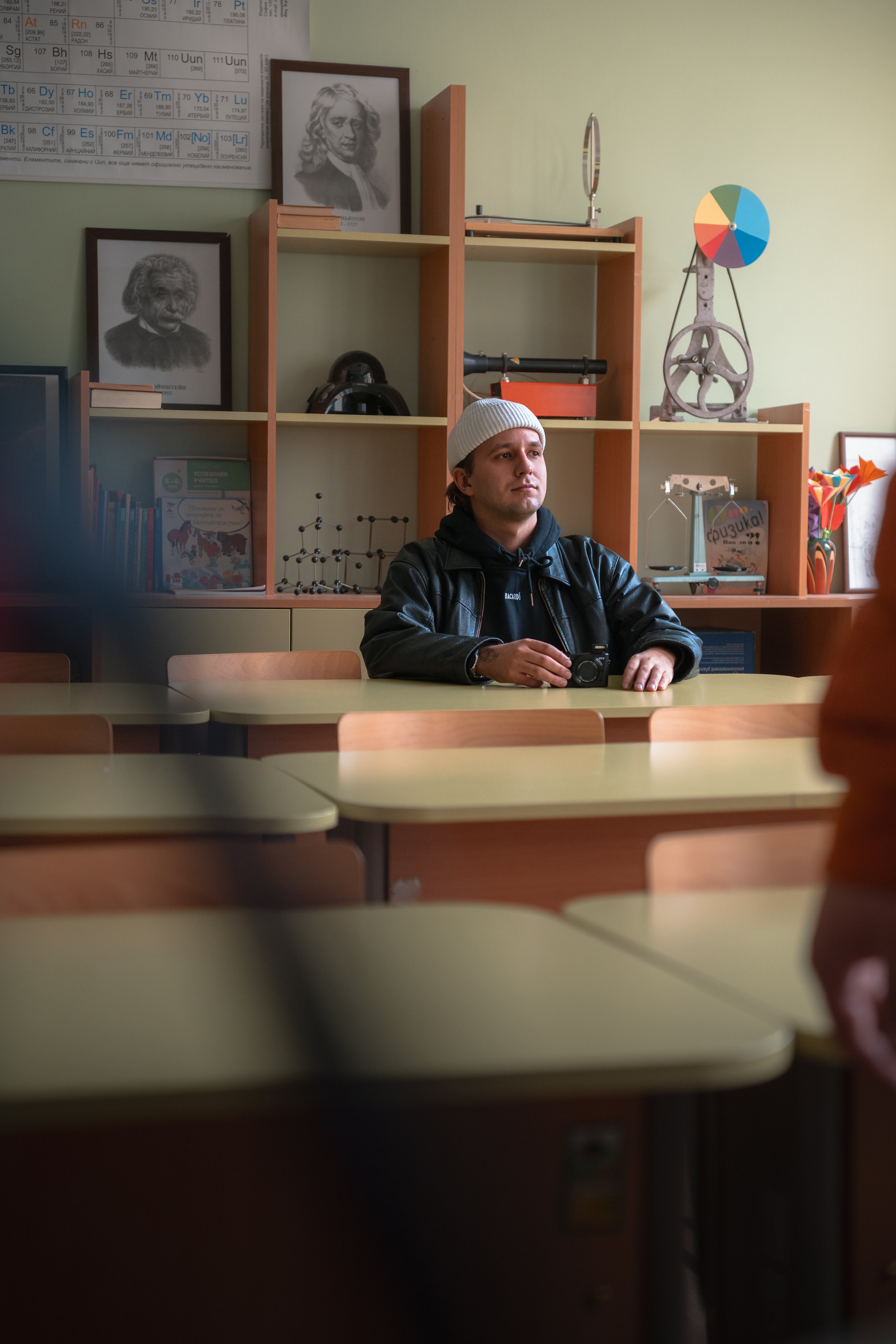“United in Diversity”, Petko Rachev Slaveykov School in Tryavna, Bulgaria
The "United in Diversity" project funded by EU Cohesion Fund, hosted by Petko Rachev Slaveykov Secondary School in Tryavna, focuses on providing quality education for 96 students, including 36 from marginalized groups, such as Roma communities. The initiative aims to integrate these students more fully into society and education. We have met the Principal and teachers to learn more about the project and discuss how it has been developed.
In the large and impressively decorated school, every classroom has a different color and atmosphere – and is always decorated by the work of the kids so they feel more involved. This is exemplary for the school’s approach to the marginalized groups, how to integrate them, and how to make them love school.

THe clubs
The two years lasting ‘United in Diversity ‘program, which was funded by EU’s Cohesion Fund, gave the 96 students from different cultures the opportunity to develop themselves in 12 different clubs:
Right. A club for children with problems with speaking and talking. (Roma children have a limited vocabulary.)
Let’s read, play and learn English. Learn languages so they can travel. They don’t want to be provoked if they are not good enough, so they don’t learn in the traditional way. While learning, they always do something with their hands like gluing, painting or cutting.
Hygiene and health.
Psychology. How to communicate and not to be aggressive. Roma children are often bullied and don’t know how to react. They learn to give words to their emotions.
Dream job. Children experience different future possible jobs like major or working in a beer brewery.
Gymnastics. Instead of going behind a computer at home, Stay at school and play. Children learn different exercises to improve their posture. There is a special room for children with disabilities.
Health cooking classes. In a real kitchen they cook and eat together from the (healthy) products they bring from home.
Traditions. Not only Bulgarian, but also Roma, Armenian, Turkish and Moldavian. There is however a special focus on local folklore.
Physics/ science. Explain nature with practical experiments.
Fashion made from recycled materials.
Learn to drive safely.
Dangerous addictions. Children learn how to protect themselves and parents are educated by their children. The biggest addiction is an internet addiction, but that can also lead to more addictions.
All the clubs are in collaboration with the parents, so they are more involved. First they were skeptical, but in the second year they experienced that especially the psychological aspect of the curriculum helped their children and they are enthusiastic now. The program is finished now, but the effects are still notable.







